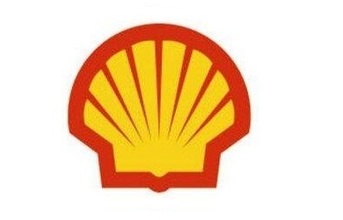
Global demand for liquefied natural gas (LNG) grew by 12.5 per cent to 359 million tonnes in 2019, according to Shell's latest annual LNG Outlook published today. This is a significant increase that bolsters LNG's growing role in the transition to a lower-carbon energy system.
The year 2019 saw key developments that are helping to reshape the industry - a record of 40 million tonnes of additional supply becoming available and being consumed by the market. The belief in long-term demand growth triggering record investment decisions in liquefaction capacity of 71 million tonnes. Rise in diversity of contractual structures, providing a wider range of options to LNG buyers. The growing role of gas in improving air quality through coal-to-gas switching in the power and industrial sectors, with coal generation phase-out announcements more than trebling. Natural gas emits between 45 and 55 per cent fewer greenhouse gas emissions and less than one-tenth of the air pollutants than coal when used to generate electricity.
According to Maarten Wetselaar, Integrated Gas and New Energies Director at Shell, "Record supply investments will meet people's growing need for the most flexible and cleanest-burning fossil fuel."
"While we see weak market conditions today due to record new supply coming in, two successive mild winters and the Coronavirus situation, we expect equilibrium to return, driven by a combination of continued demand growth and reduction in new supply coming on-stream until the mid-2020s." Europe absorbed the majority of 2019 supply growth as competitively-priced LNG furthered coal-to-gas switching in the power sector and replaced declining domestic gas production and pipeline gas imports.
New spot-trading mechanisms and a wider variety of indices used for long-term contracts point towards LNG becoming an increasingly flexible commodity.


























